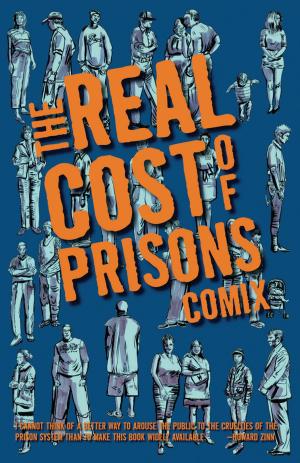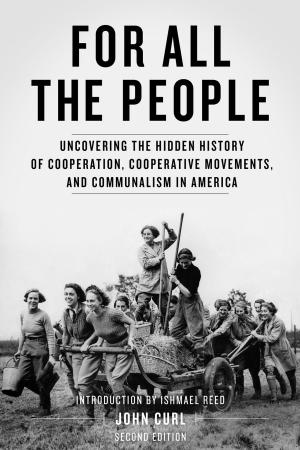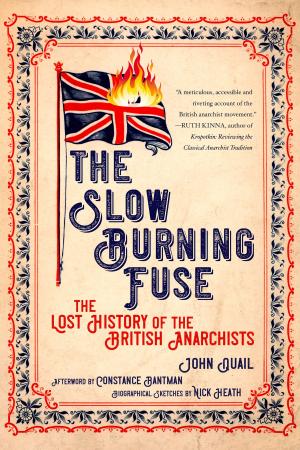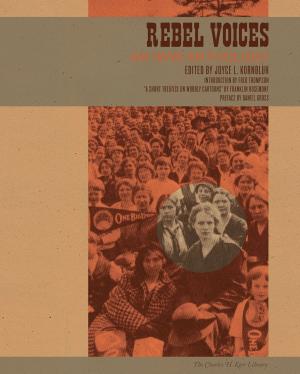| Author: | Gaston Leval | ISBN: | 9781629634678 |
| Publisher: | Pm Press | Publication: | September 20, 2018 |
| Imprint: | Pm Press E Books | Language: | English |
| Author: | Gaston Leval |
| ISBN: | 9781629634678 |
| Publisher: | Pm Press |
| Publication: | September 20, 2018 |
| Imprint: | Pm Press E Books |
| Language: | English |
Gaston Leval's study brings together two aspects that are generally difficult to unite - analysis and testimony. He visited the towns and villages of revolutionary Spain where people had opted to live a libertarian communist lifestyle almost without precedent in history, collectivising the land, factories, and social services. Collectives in the Spanish Revolution demonstrates clearly that the working class are perfectly capable of running farms, factories, workshops, and health and public services without bosses or managers dictating to them. It proves that anarchist methods of organising, with decisions made from the bottom up, can work effectively in large-scale industry involving the coordination of many thousands of workers in many hundreds of places of work across numerous cities and towns, as well as broad rural areas. Leval's history of anarchy in action also gives us an insight into the creative and constructive power of ordinary people. The Spanish working class not only kep
Gaston Leval's study brings together two aspects that are generally difficult to unite - analysis and testimony. He visited the towns and villages of revolutionary Spain where people had opted to live a libertarian communist lifestyle almost without precedent in history, collectivising the land, factories, and social services. Collectives in the Spanish Revolution demonstrates clearly that the working class are perfectly capable of running farms, factories, workshops, and health and public services without bosses or managers dictating to them. It proves that anarchist methods of organising, with decisions made from the bottom up, can work effectively in large-scale industry involving the coordination of many thousands of workers in many hundreds of places of work across numerous cities and towns, as well as broad rural areas. Leval's history of anarchy in action also gives us an insight into the creative and constructive power of ordinary people. The Spanish working class not only kep















